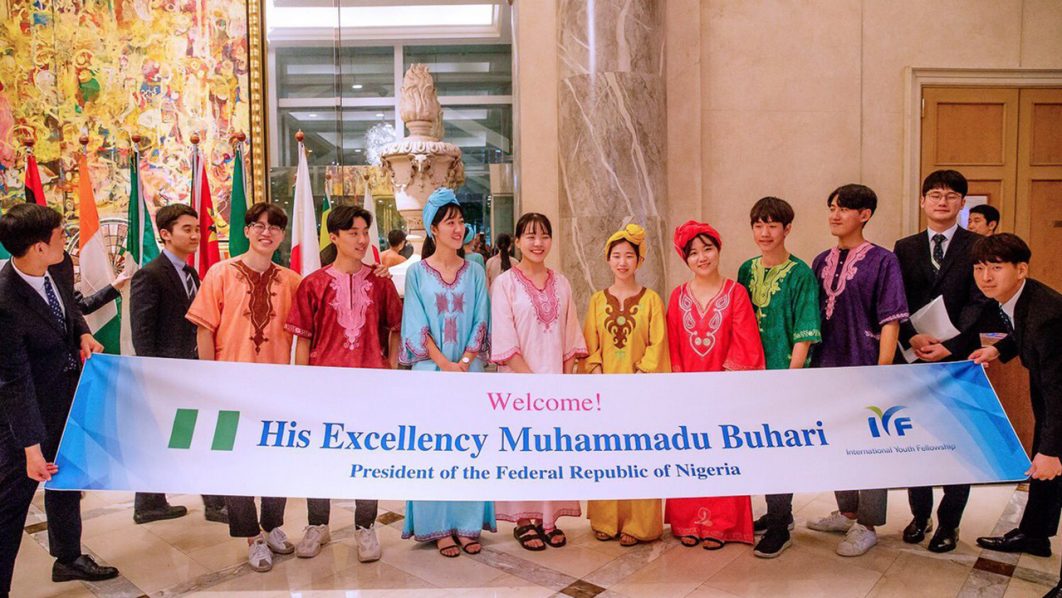
Nigeria’s President Muhammadu Buhari has said the partial closure of Nigeria’s border with Benin Republic was because of the massive smuggling activities, especially of rice, taking place on that corridor.
Buhari discussed this at the ongoing Seventh Tokyo International Conference for African Development (TICAD7), in Yokohama, Japan.
Until Buhari’s comment in Tokyo, there was no official statement announcing the closure but travellers have reported restrictions since August 20.
Buhari said smuggling of rice threatens the self-sufficiency already attained due to his administration’s agricultural policies.
“Now that our people in the rural areas are going back to their farms, and the country has saved huge sums of money which would otherwise have been expended on importing rice using our scarce foreign reserves, we cannot allow smuggling of the product at such alarming proportions to continue,” Buhari said.
Buhari introduced a few agricultural policies after taking office in 2015 that were aimed at reducing food imports to boost local production and conserve foreign exchange reserves.
He recently directed the Central Bank of Nigeria not to give any importer foreign exchange to import food into Nigeria.
The president considered developing agriculture for export to earn more hard currency and to increase revenues from outside its dominant oil industry.
According to the government, the importation of rice and wheat together cost almost $4 billion a year.
Buhari said a meeting with his counterparts from Benin and Niger would soon be called to determine strict and comprehensive measures to curtail the level of smuggling across their borders.



